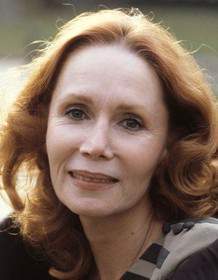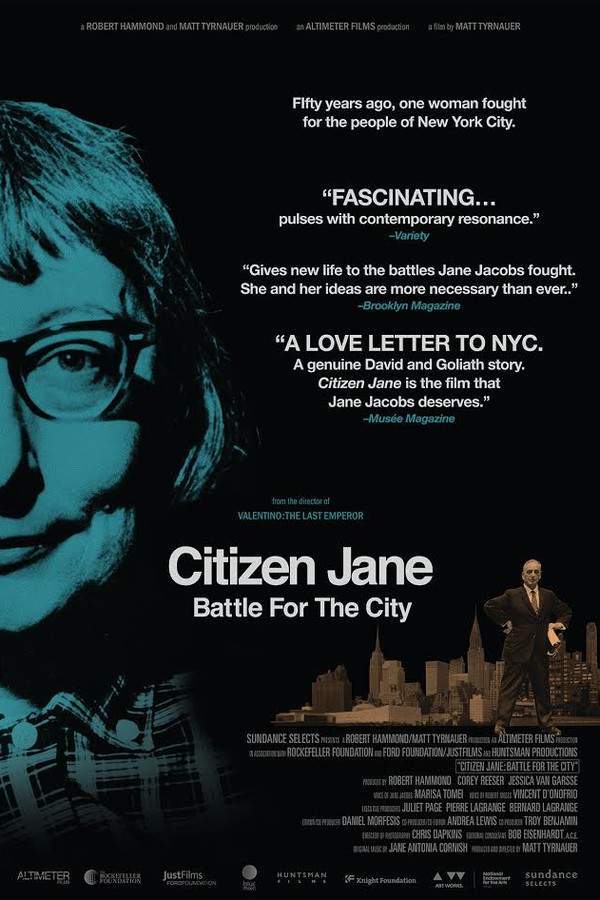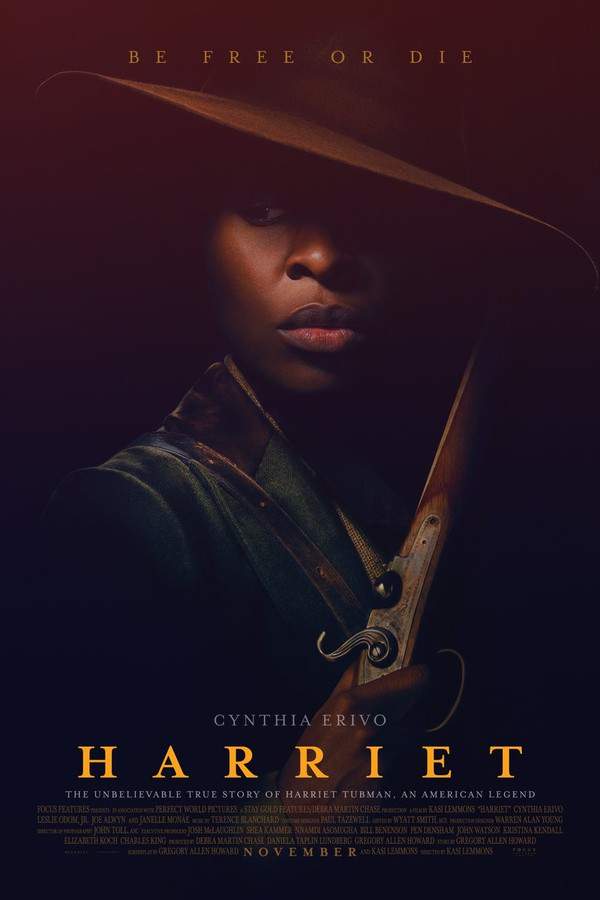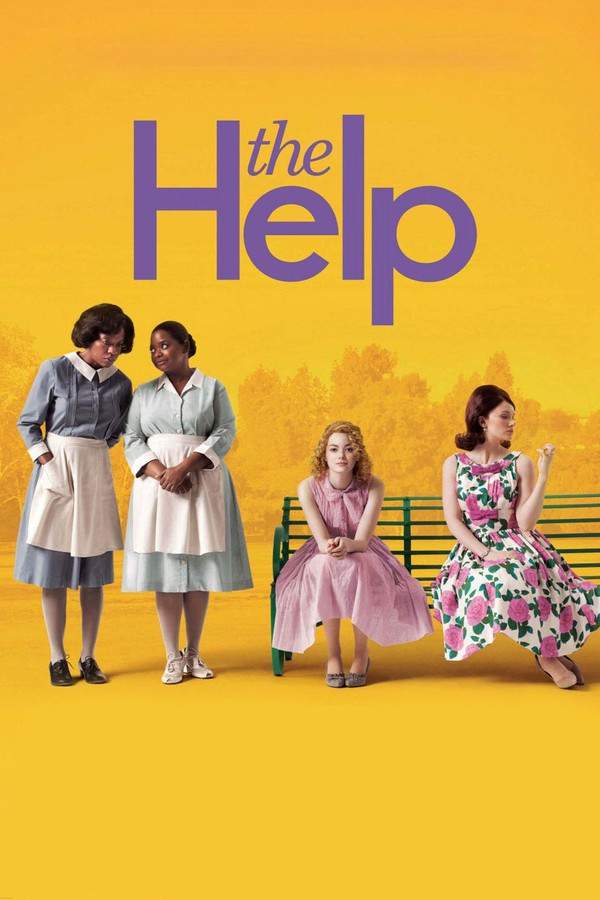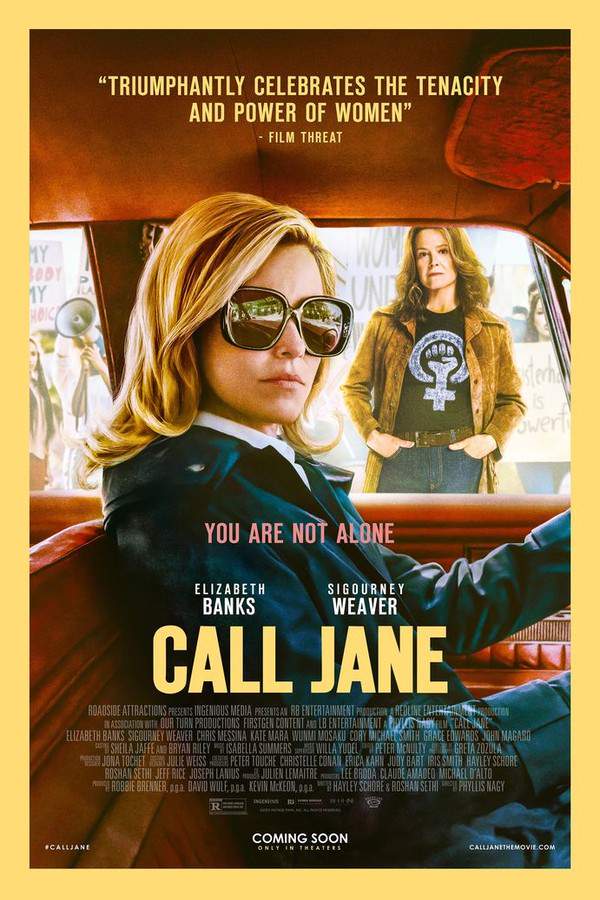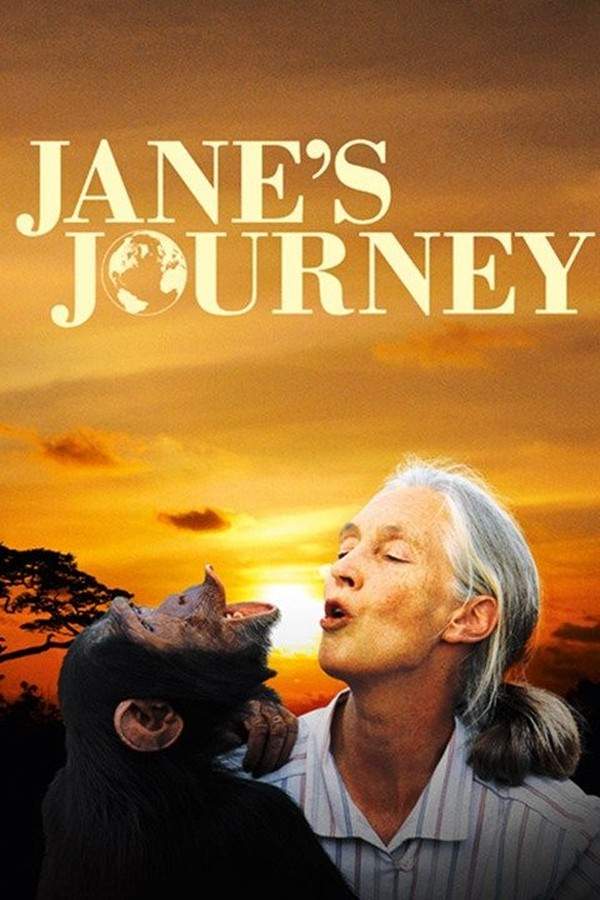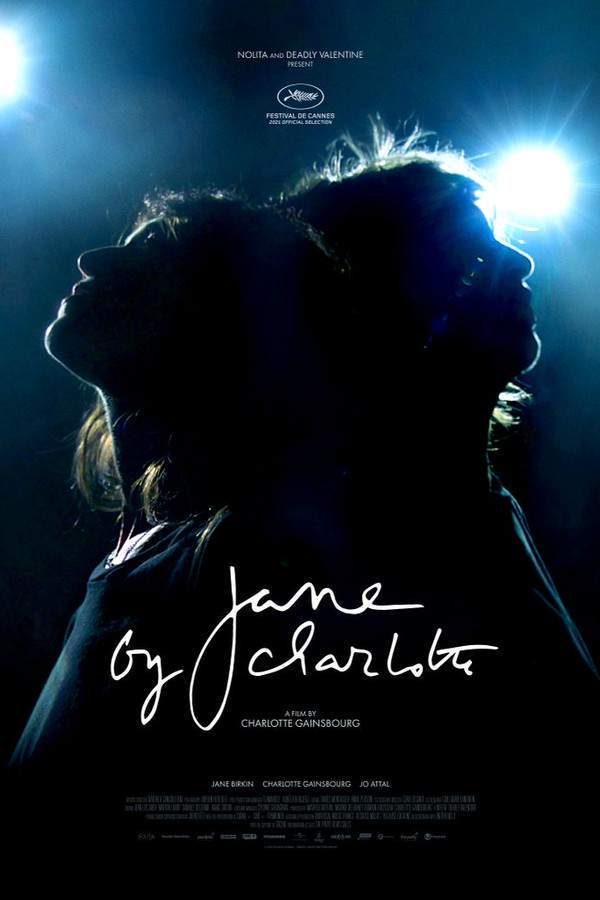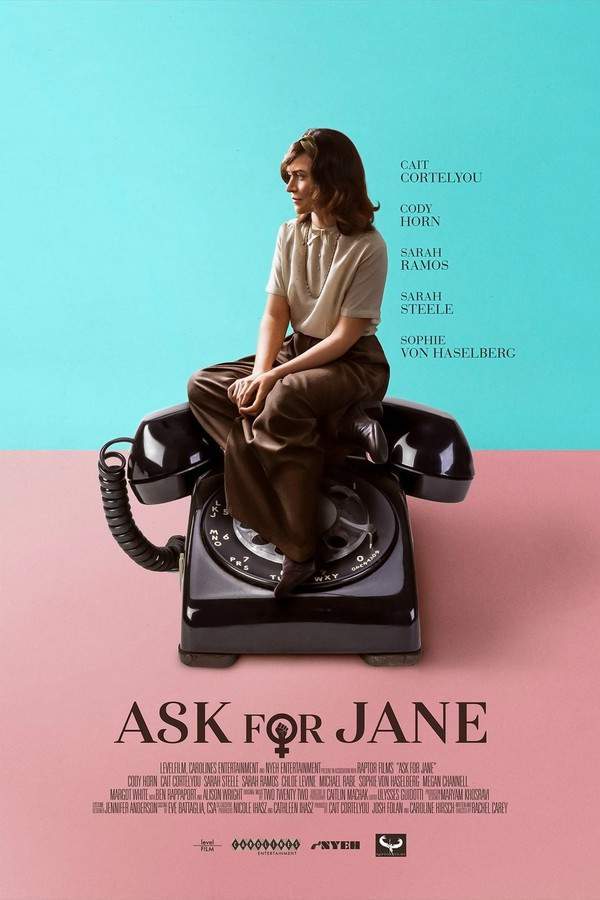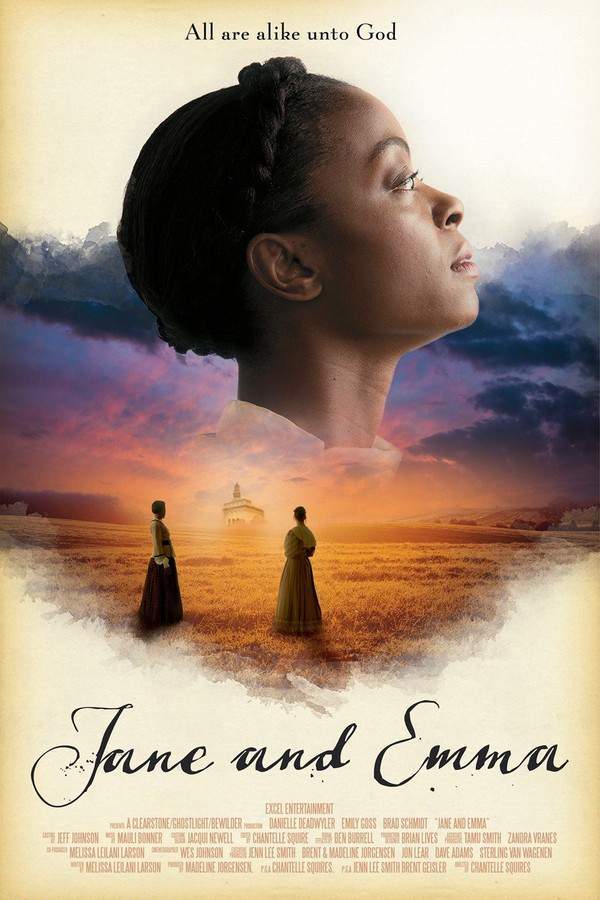The Autobiography of Miss Jane Pittman 1974
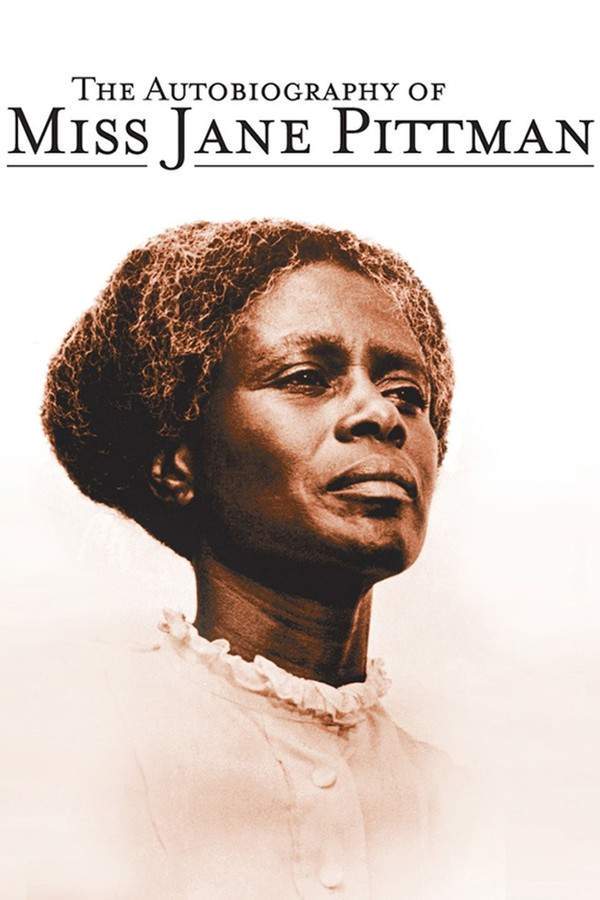
Through the eyes of 110-year-old Jane Pittman, this powerful story traces a life spanning over a century, from the era of slavery to the Civil Rights Movement. Witnessing firsthand the injustices of the 1960s and the hope for a brighter future, Jane's experiences reveal a profound journey of survival, courage, and unwavering hope in the face of unimaginable hardship and systemic oppression. Her recollections offer a poignant reflection on American history and the enduring strength of the human spirit.
Does The Autobiography of Miss Jane Pittman have end credit scenes?
No!
The Autobiography of Miss Jane Pittman does not have end credit scenes. You can leave when the credits roll.
Meet the Full Cast and Actors of The Autobiography of Miss Jane Pittman
Explore the complete cast of The Autobiography of Miss Jane Pittman, including both lead and supporting actors. Learn who plays each character, discover their past roles and achievements, and find out what makes this ensemble cast stand out in the world of film and television.
External Links and Streaming Options
Discover where to watch The Autobiography of Miss Jane Pittman online, including streaming platforms, rental options, and official sources. Compare reviews, ratings, and in-depth movie information across sites like IMDb, TMDb, Wikipedia or Rotten Tomatoes.
Ratings and Reviews for The Autobiography of Miss Jane Pittman
See how The Autobiography of Miss Jane Pittman is rated across major platforms like IMDb, Metacritic, and TMDb. Compare audience scores and critic reviews to understand where The Autobiography of Miss Jane Pittman stands among top-rated movies in its genre.

77
Metascore
tbd
User Score


%
TOMATOMETER

0%
User Score
Take the Ultimate The Autobiography of Miss Jane Pittman Movie Quiz
Challenge your knowledge of The Autobiography of Miss Jane Pittman with this fun and interactive movie quiz. Test yourself on key plot points, iconic characters, hidden details, and memorable moments to see how well you really know the film.
The Autobiography of Miss Jane Pittman Quiz: Test your knowledge on the impactful story of Miss Jane Pittman and her journey through history.
In what year does Miss Jane Pittman celebrate her 110th birthday?
1962
1974
1888
1950
Show hint
Awards & Nominations for The Autobiography of Miss Jane Pittman
Discover all the awards and nominations received by The Autobiography of Miss Jane Pittman, from Oscars to film festival honors. Learn how The Autobiography of Miss Jane Pittman and its cast and crew have been recognized by critics and the industry alike.
28th British Academy Film Awards 1975

Full Plot Summary and Ending Explained for The Autobiography of Miss Jane Pittman
Read the complete plot summary of The Autobiography of Miss Jane Pittman, including all major events, twists, and the full ending explained in detail. Explore key characters, themes, hidden meanings, and everything you need to understand the story from beginning to end.
In February 1962, within the rustic confines of a cabin situated on the sharecroppers’ quarters of the Samson property in Louisiana, a small group of close friends gathers to serenade Miss Jane Pittman (Cicely Tyson) with the soulful notes of Happy Birthday. Today marks a significant milestone, as she joyously blows out her candles, celebrating an astonishing 110 years of life. Amidst the festivities, she turns to her dear friend, Lena (Beatrice Winde), asking, “You gonna be with me here this time next year, Lena?” to which Lena replies with heartfelt optimism, “God willing.”
As the day unfolds, two young men arrive at the door, with Jimmy (Arnold Wilkerson), identified as Lena’s son, among them. They request a moment of privacy to discuss a pressing matter with Miss Jane. Moving to the porch, they reveal their intention to have a young girl sip from the White folks’ fountain in front of the courthouse, a symbolic act of defiance against the oppressive rules of segregation—an act that could lead to undesirable consequences. They wish for Miss Jane to join them, believing her presence would inspire the protesters. However, unwavering, she confesses that she will wait for a divine sign from God.
In the midst of these discussions, a White journalist, Quentin Lerner (Michael Murphy), approaches Miss Jane with the aim of chronicling her extraordinary life for a magazine, intrigued by her origins as a former slave. Miss Jane thoughtfully replies that she will make her decision on the matter tomorrow.
The following day, as Jimmy and a small cadre of protesters make their way to the courthouse, they witness a stark reality; sheriff’s deputies obstruct the girl’s attempts to drink from the fountain, escalating tensions into arrests but fortunately sparing any severe injuries. Driven by his journalistic instincts, Lerner returns to Miss Jane’s abode, where the radio announces the events transpiring at the courthouse and refers disparagingly to those involved as “Negro agitators.” As Lerner expresses an eagerness to hear Miss Jane’s life story, she cheekily inquires, “How far back do you want to go?”
The narrative then delves into a poignant flashback to the Civil War era, where a young Ticey (Valerie Odell), a slave girl, is forced to fetch water for Confederate soldiers. Amidst the chaos, she encounters Union soldiers, particularly Corporal Lewis Brown (Dudley Knight), who bestows upon her the name Jane—a name he insists offers her dignity beyond the shackles of slavery.
As the war concludes, their freedom comes shrouded in uncertainty, with Jane contemplating her future and the path towards Ohio, a journey filled with peril. In the darkness of one tragic night, Jane witnesses the brutality inflicted upon her community, as a patroller’s blitz leads to the slaughter of her loved ones. After this horrific event, Jane cradles the very stones used to ignite their last warmth, symbolizing resilience and remembrance.
The narrative sweeps across time, illustrating Jane’s relentless pursuit of a better life, her devotion to teaching and organizing, and the continuous struggle against the injustices of racism. It paints a vivid picture of her life on the Dye plantation, marked by rebirths of hope dashed by the horrors of the Ku Klux Klan’s violence, shaping her character into a beacon of strength for those around her.
Years pass, and Jane grows to understand the meaning of love through her relationship with Joe Pittman (Rod Perry). Tragedy strikes again when Joe’s life is cut short in a tragic accident involving an untamed horse, leaving an indelible mark on Jane’s heart that she carries with her through the decades.
Now a symbol of legacy, Jane’s past melds into the present day, where she finds herself reflecting on her life, burdened by both triumph and despair. As her 110th birthday arrives, Miss Jane remains a cherished elder among the sharecroppers, embodying the struggles and aspirations of her community. With her friend Lena and the new generation represented by young Jimmy, faced with the complexities of the Civil Rights Movement, Jane’s spirit educates them about resilience.
In an emotionally charged climax, despite all warnings, Miss Jane sets out to honor Jimmy’s memory by confronting racial injustices head-on. As she approaches the White Only drinking fountain, the tension thickens; an officer orders her to stop, but she resolutely continues her march, her determination unmistakable. In this courageous act, she sips from the fountain—a bold declaration against oppression. There, she symbolizes her undying spirit and the battles fought for dignity, walking away symbolically with her cane, gliding into the dusk.
The poignant close of her story comes with Lerner’s narration of Jane’s passing, underscoring the impact of her life and the legacy of resistance she leaves behind, painting her not just as a monument of her times, but as a living testament to the relentless quest for justice and equality that continues to resonate. The sun sets behind her, illuminating the journey of a remarkable woman—a journey marked by hardship, triumph, and an indomitable spirit.
Uncover the Details: Timeline, Characters, Themes, and Beyond!

Coming soon on iOS and Android
The Plot Explained Mobile App
From blockbusters to hidden gems — dive into movie stories anytime, anywhere. Save your favorites, discover plots faster, and never miss a twist again.
Sign up to be the first to know when we launch. Your email stays private — always.
Watch Trailers, Clips & Behind-the-Scenes for The Autobiography of Miss Jane Pittman
Watch official trailers, exclusive clips, cast interviews, and behind-the-scenes footage from The Autobiography of Miss Jane Pittman. Dive deeper into the making of the film, its standout moments, and key production insights.
The Autobiography of Miss Jane Pittman Themes and Keywords
Discover the central themes, ideas, and keywords that define the movie’s story, tone, and message. Analyze the film’s deeper meanings, genre influences, and recurring concepts.
The Autobiography of Miss Jane Pittman Other Names and Titles
Explore the various alternative titles, translations, and other names used for The Autobiography of Miss Jane Pittman across different regions and languages. Understand how the film is marketed and recognized worldwide.
Similar Movies To The Autobiography of Miss Jane Pittman You Should Know About
Browse a curated list of movies similar in genre, tone, characters, or story structure. Discover new titles like the one you're watching, perfect for fans of related plots, vibes, or cinematic styles.
Quick Links: Summary, Cast, Ratings, More

What's After the Movie?
Not sure whether to stay after the credits? Find out!
Explore Our Movie Platform
New Movie Releases (2025)
Famous Movie Actors
Top Film Production Studios
Movie Plot Summaries & Endings
Major Movie Awards & Winners
Best Concert Films & Music Documentaries
Movie Collections and Curated Lists
© 2025 What's After the Movie. All rights reserved.




